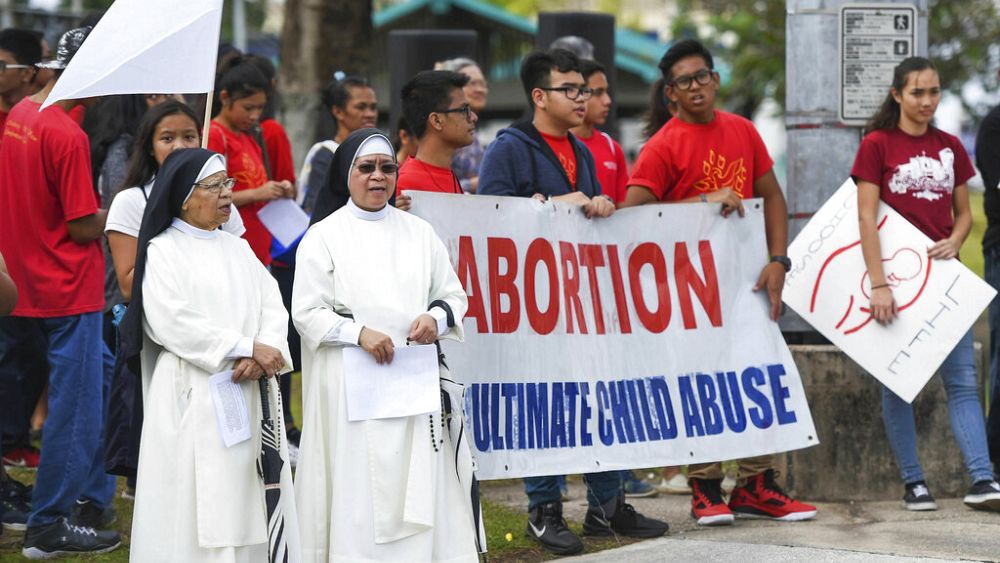The US Supreme Court could take an unprecedented step. The board will make it mandatory for its officials to provide their phone records. This means investigators can browse not only call lists but also correspondence, photos and videos to find out who leaked the news about the abortion law change. CNN has learned that several employees are preparing to refuse to provide personal information and have hired an attorney.
“It would be hypocritical for a court to prevent its employees from exercising their rights to defence,” an unnamed attorney familiar with the investigation told CNN.
Chief Justice John Roberts had previously met in groups with Supreme Court employees, but no individual hearings took place. The Committee will first consider the request for call lists. Roberts ordered an internal investigation into the leaks on May 3.
It is by no means certain that the lawyers and their assistants will have to search for the leak, as others may have gained access to the draft. Including the nine chief justices and other administrative staff.
It will set women’s rights back 50 years
News broke in early May that a Supreme Court document had been leaked indicating that the council would overturn a decision granting a basic right to abortion in the United States.
In 1973, a landmark decision was made in Roe v. Wade. The Supreme Court then ruled that the US Constitution protects a pregnant woman’s right to an abortion to some extent. This does not mean that abortion should have been legalized in all states as a result of the decision, but it did minimize the legislative framework under which such interference could be restricted.
In the paper, Supreme Court Associate Justice Samuel Alito wrote that the 1973 ruling in Roe v. Wade was “grossly wrong.”
“It is time to return the matter to the people’s elected representatives,” he added, noting that if the decision was overturned, state lawmakers would be able to regulate the abortion issue without restrictions. Looking back, the argument put forward is particularly weak and had harmful consequences, because “the right to abortion is not rooted in the nation’s history and traditions.”
From these lines, many concluded that the Supreme Court would overturn the landmark ruling in July.












































